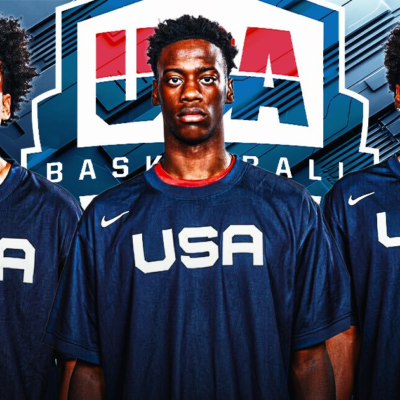Why This Case Matters
The Supreme Court is preparing to rule on a significant voting rights case that could change the way elections are conducted in the United States. The decision is expected to impact millions of voters, potentially reshaping voting access, election laws, and political representation.
Key Points:
- The case could alter state-level election laws.
- Millions of voters may be affected.
- The ruling may influence future presidential and congressional elections.
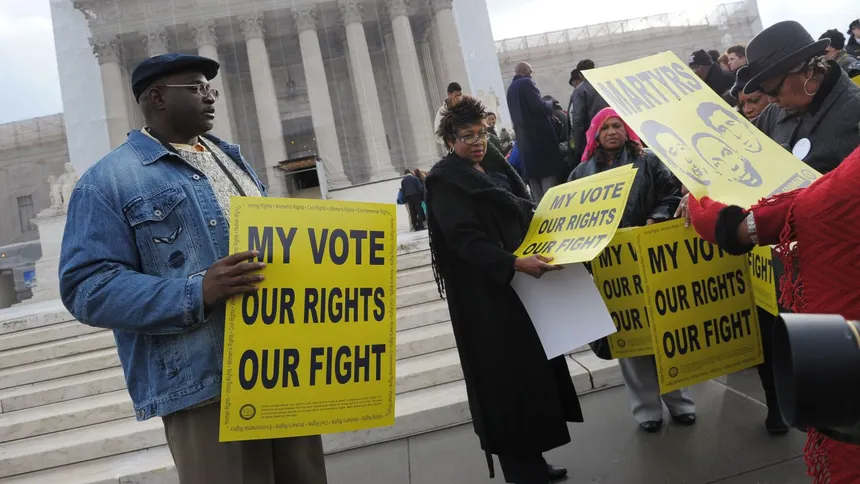
The Background of the Case
The case before the Supreme Court involves a challenge to voting laws that some argue disproportionately affect certain groups of voters. Here’s what you need to know:
1. What Led to the Supreme Court’s Involvement?
- The lawsuit originated from a dispute over new voting restrictions imposed by certain states.
- Advocacy groups claim these laws suppress voter participation, especially among minorities and low-income communities.
- State officials argue the laws are necessary to ensure election security and prevent voter fraud.
2. Previous Court Rulings on Voting Rights
- The Supreme Court has ruled on multiple voting rights cases in the past, shaping how states implement election laws.
- In 2013, the court weakened key provisions of the Voting Rights Act, allowing states to change voting laws without federal approval.
- Recent rulings have upheld some voting restrictions while striking down others, creating legal uncertainty.
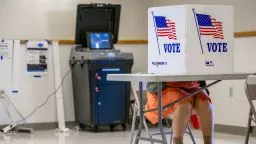
Key Legal Arguments in the Case
The case has two primary arguments—one from those supporting voting restrictions and another from those opposing them.
Arguments in Favor of Voting Restrictions:
- State governments claim the laws protect against voter fraud.
- Election officials argue that stricter rules help streamline election processes.
- Some believe limiting certain voting methods prevents potential manipulation.
Arguments Against Voting Restrictions:
- Civil rights groups argue the restrictions disproportionately affect marginalized communities.
- Critics claim there is little evidence of widespread voter fraud to justify such laws.
- Some lawmakers argue these laws are politically motivated to reduce voter turnout among specific groups.
Potential Consequences of the Supreme Court’s Decision
No matter how the court rules, the decision will have widespread effects on the political and electoral landscape.
If the Court Upholds Voting Restrictions:
- States may impose further limits on mail-in ballots, early voting, and voter ID requirements.
- Voter turnout among minorities and low-income groups could decline.
- Legal challenges against restrictive voting laws may become more difficult.
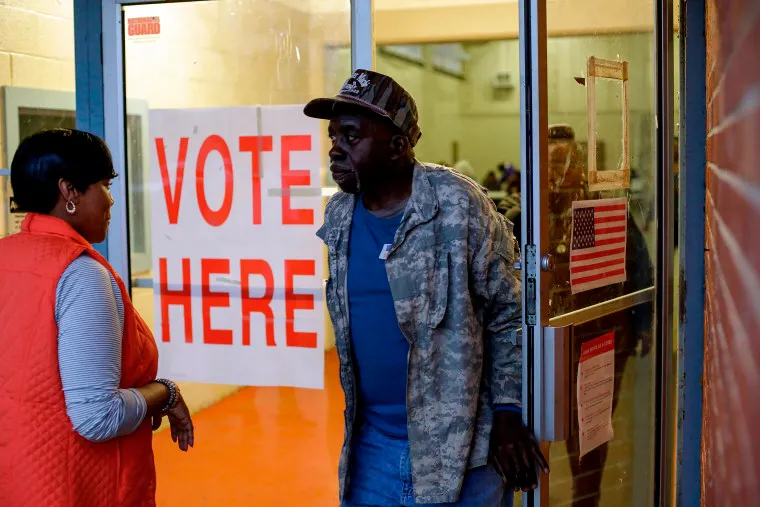
If the Court Overturns Voting Restrictions:
- Some existing laws could be struck down as unconstitutional.
- States might need to revise their election policies to expand voter access.
- The ruling could set a precedent for future voting rights challenges.
Political Reactions and Public Response
This case has drawn strong reactions from political leaders, advocacy groups, and the public.
1. Reactions from Political Parties:
- Democrats: Largely oppose the restrictions, arguing they suppress voter participation.
- Republicans: Support the restrictions, citing election integrity concerns.
- Independents: Some see the case as a necessary clarification of election laws.
2. Public Sentiment:
- Many voters are concerned about potential limitations on their right to vote.
- Others believe stronger voting laws are needed to ensure fair elections.
- Social media debates on the topic have intensified, with hashtags like #ProtectVotingRights and #ElectionIntegrity trending.
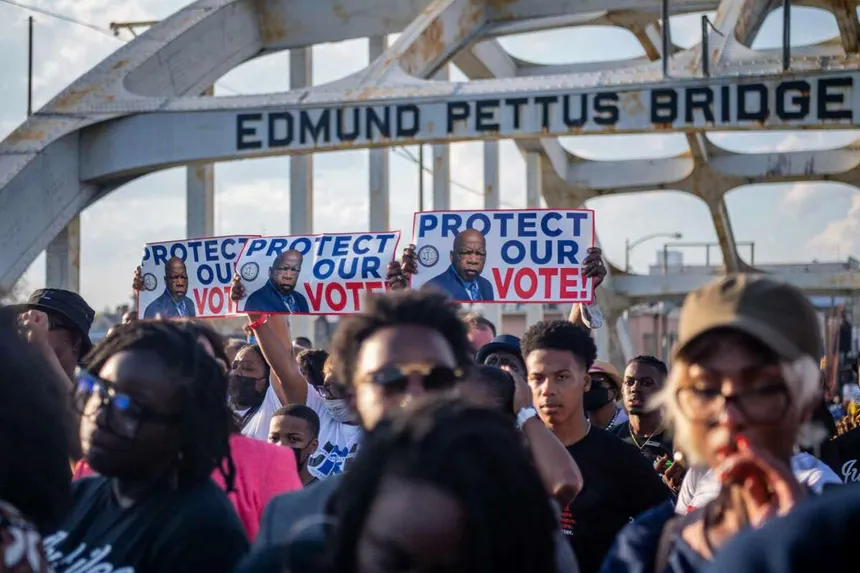
What Happens Next?
The Supreme Court is expected to issue its ruling in the coming months. Here’s what to watch for:
1. The Timing of the Decision
- A ruling is likely before the next major election cycle.
- The court’s decision could influence upcoming state and federal elections.
2. Possible Legislative Responses
- Congress may consider new federal voting rights legislation.
- State governments may adjust their election laws based on the ruling.
3. Future Court Challenges
- Regardless of the decision, more legal battles over voting rights are expected.
- Other cases on election laws may be brought to the Supreme Court in the future.
Final Thoughts: Why This Case Matters to You
The Supreme Court’s decision on this voting rights case will affect how elections are conducted in the U.S. It could determine how easily citizens can vote, what identification is required, and how states regulate their elections. Whether you support or oppose these restrictions, staying informed and engaged in the process is crucial.
What You Can Do:
- Stay updated on the ruling and its implications.
- Contact your representatives to express your views on voting rights.
- Participate in elections and encourage others to vote.
This landmark case could redefine the future of democracy in America. The ruling will not only shape voting laws but also impact political representation and citizen participation for years to come.
Tech Giants Under Fire: Multi-Billion Dollar Antitrust Lawsuits Shake the Industry




